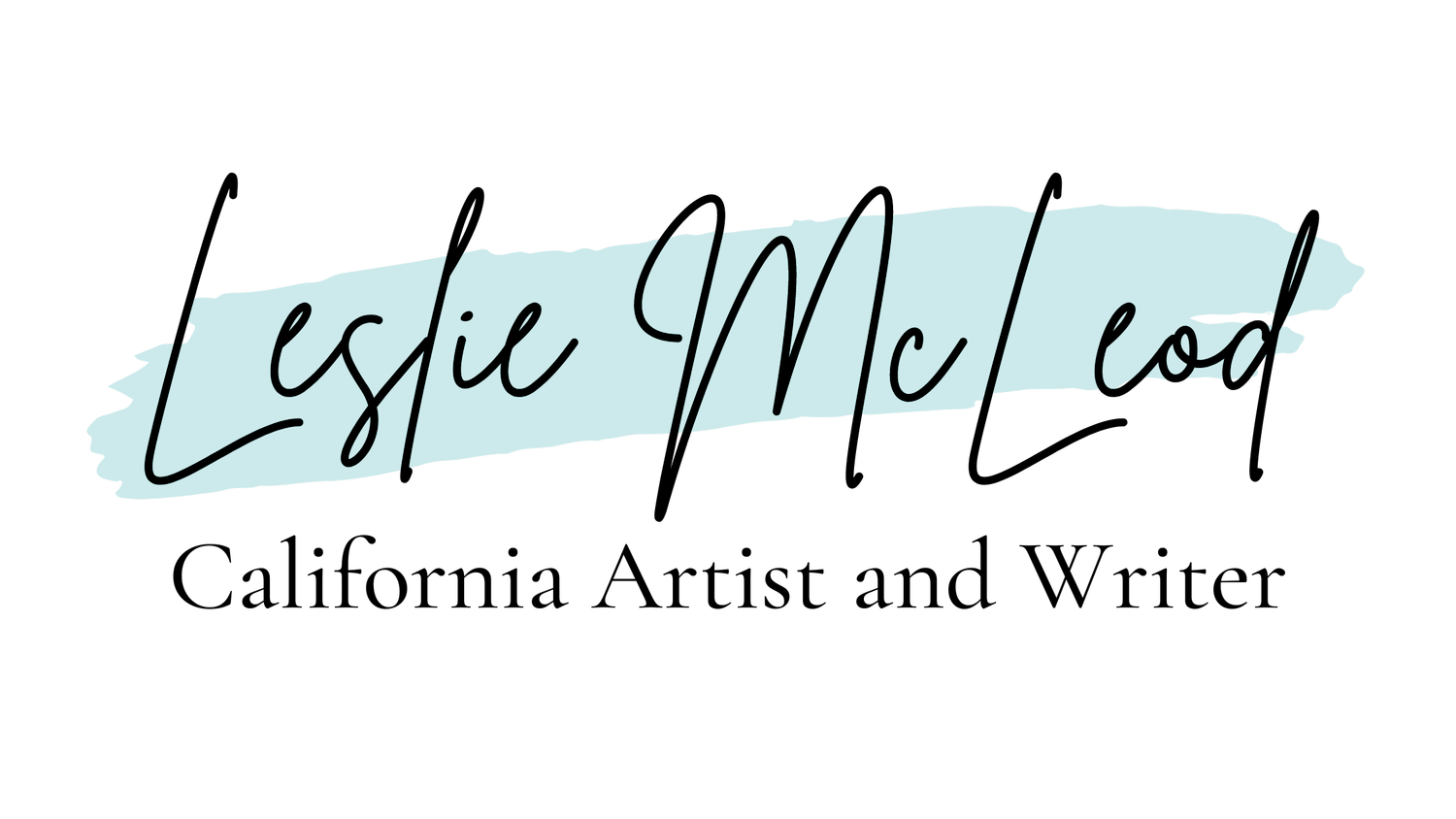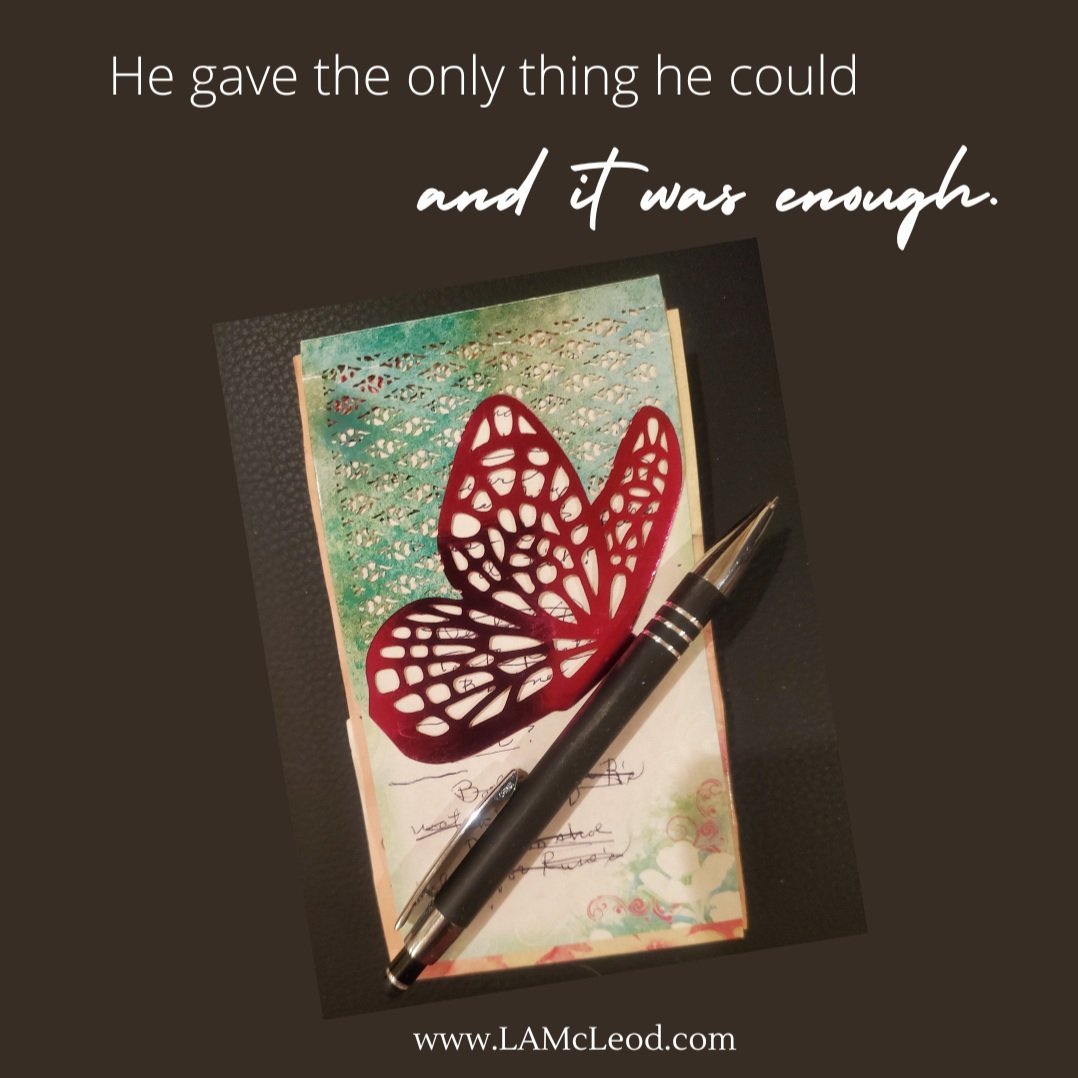The Last Gift
My dad married up. And where he came from, believe me, there was nowhere else to go.
The Great Depression informed my father’s childhood in Southern Illinois, where his family lived in a ramshackle house on the Ohio River that sometimes flooded in the winter, forcing them to flee to higher ground with all their possessions. A light load, by way of silver linings.
With a mentally impaired brother, two sisters, and a widowed mama with a sixth-grade education and heavy backhand, he grew up feeling as worthless as a Zamboni machine in the Mojave. But his native intelligence propelled him forward in school, where he rotated top honors with his two best buddies, Bill, the son of a doctor and “Cub,” the high school principal’s kid. He joined the basketball team so he could shower daily. High test scores, World War II, and the Navy gave him a winning ticket out.
After the service, he returned on the GI Bill to University, where he met his professor’s daughter: a slender, blue-eyed sorority girl with a tsunami of wavy brown hair, whom he initially scorned as a spoiled princess. Yet her heart warmed with empathy for this emotionally stunted, brilliant and beautiful man when she learned of his meager childhood, as she had known poverty of a different kind.
They built a life together. He gave her five children. Jewelry, cars, and a fine house with all the fixings. But the mirage of plenty always eluded his grasp as he fought to silence the hissing epithet, “River Rat,” that haunted him. He persisted in going to work each day at the business he’d built, long after age and encroaching memory loss cried out for retirement.
In his mid-eighties, he landed in the hospital with a patchwork of potentially life-threatening conditions. It was there that he made peace with the sudden loss of his mobility, job, and independence with astonishing humility—almost as if he were relieved.
And yet it was Christmastime. Mom was in failing health at home with a revolving door of paid caregivers. He was stuck with no car, no wallet, no trousers even—no way to get a present for his wife.
Craig, a friendly attendant, came by his room as usual one evening.
“Can I ask you a favor?” Dad asked, leaning forward conspiratorially from his bed.
“What did you have in mind?” Craig smiled.
A few minutes later, Craig was wheeling him out of his room, through a peroxide-scented labyrinth to the hospital’s gift shop, where he fronted Dad the money for his selection: a tiny notepad decorated with a butterfly.
When I came to visit my dad the next day, he gave me his gift and asked me to wrap it for her. On the first page he had scrawled, “To Ruthie, Love Russ. Miss you.”
From a heart full and hands empty once again, he gave the only thing he could.
And it was enough.

